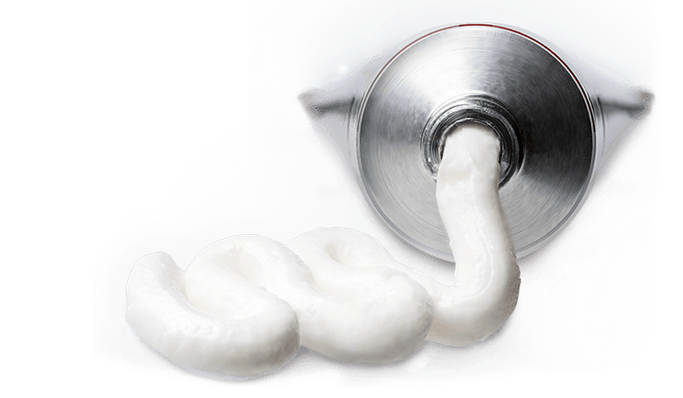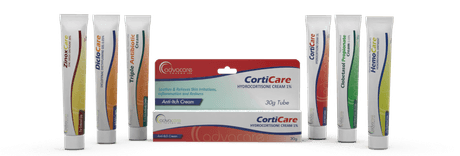What is the meaning of Dermatologicals?
Dermatologicals are skin treatments for various conditions like acne, eczema, psoriasis, dermatitis, rosacea, and skin infections. They can be used to soothe skin irritations, reduce inflammation, and promote wound healing. Dermatological skin care can also address cosmetic concerns like wrinkles and hyperpigmentation.
Dermatological treatments are often highly effective in treating skin conditions and have been extensively researched for their scientifically proven effects. One example is topical corticosteroids, which have been shown to reduce inflammation and itching associated with eczema.
Topical dermatologicals such as dermatological creams, ointments, and gels are typically used for localized skin conditions, while oral dermatological medications are used for more systemic conditions or for cases where topical treatment is not effective.


